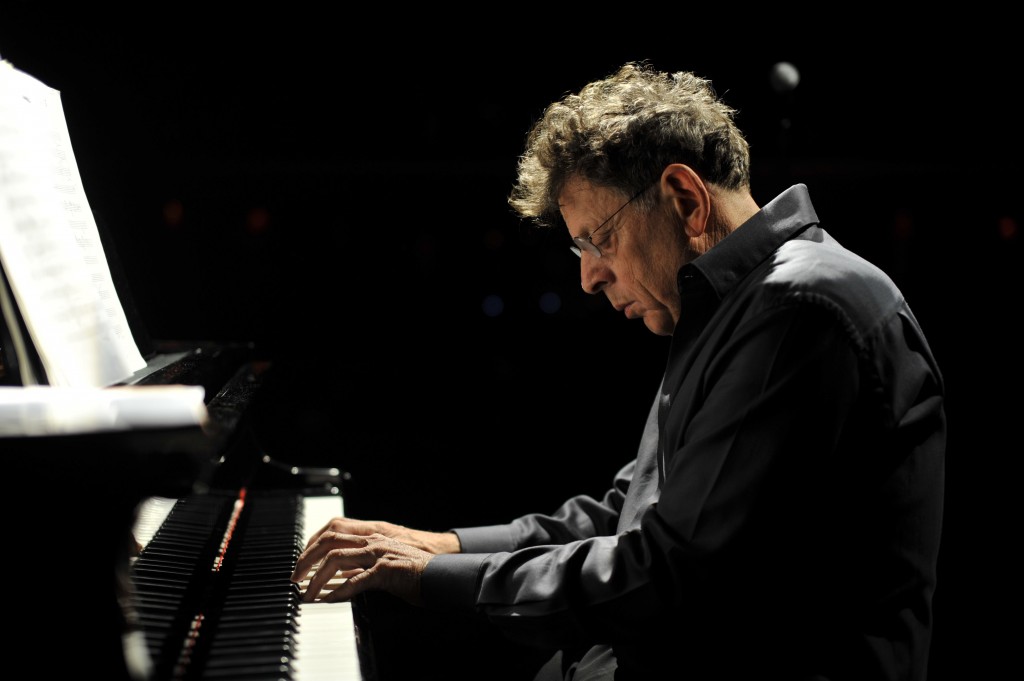I’m currently in the process of preparing to perform some of my piano works for an upcoming concert at the Music Gallery on the 14th, and it has been a nice change of pace for me as a composer.
Thus far, my relationship with the piano has always been a pragmatic one. Like many composers, the piano provides a place to find and test musical ideas that organically emerge and (hopefully) take form into full-blown pieces. This tactile process of allowing my fingers to search and explore melodies and progressions is an indispensable part of the creative process for me.
As this upcoming concert approaches, it has got me to thinking – what ever happened to the notion of composer-performer in classical music?
We know that in the 18th and 19th centuries, the idea of the composer-performer was fairly commonplace. Giants like Mozart, Beethoven, Shubert, Chopin, Schumann, and Liszt all performed regularly. Unfortunately there are no records to attest to how they actually sounded, but should they exist, they surely would have been an invaluable resource to better understand them as musicians.
With the advent of recording technology in the 20th century, we do start to find a few examples of how composers like Rachmaninoff, Stravinsky, Shostakovich and Scriabin sounded performing their own pieces. These recordings offer fascinating glimpses into the personalities of the composers, which don’t always show up in the their scores.
In the 20th century, for good or for bad, composers and performers began to specialize in their respective areas. I suspect this was due in part by the notion of the double life of a musical image.
A musical image has two lives: one in our minds, and another in real sound. Living comfortably in a composer’s musical imagination, the musical image is born, and lives for a while before it is formally realized as sound. Once it comes out, it begins a new life as an artistic entity in itself. This constitutes a significant difference between a musical score and an artist’s concept of the music.
This musical imagination is the genesis of music, and one should hold the musical imagination in the same regard as the skill of musical perception. This, I believe, is where the two begin to separate. Composers realized that a work is better of in the hands of someone with a superior talent for bringing out its nuances.
Despite the split between performer and composer, there are a few contemporary composers that continue to take up the ivories on stage. Notable examples include Frederic Rzewski, Philip Glass, Nico Muhly, and Michael Nyman.
As we can see, these composers may not be best pianists around; but there is something to be said for the composer-performer.
Michael Vincent
- THE SCOOP | Royal Conservatory’s Dr. Peter Simon Awarded The Order Of Ontario - January 2, 2024
- THE SCOOP | Order of Canada Appointees Announced, Including Big Names From The Arts - December 29, 2023
- Ludwig Van Is Being Acquired By ZoomerMedia - June 12, 2023




